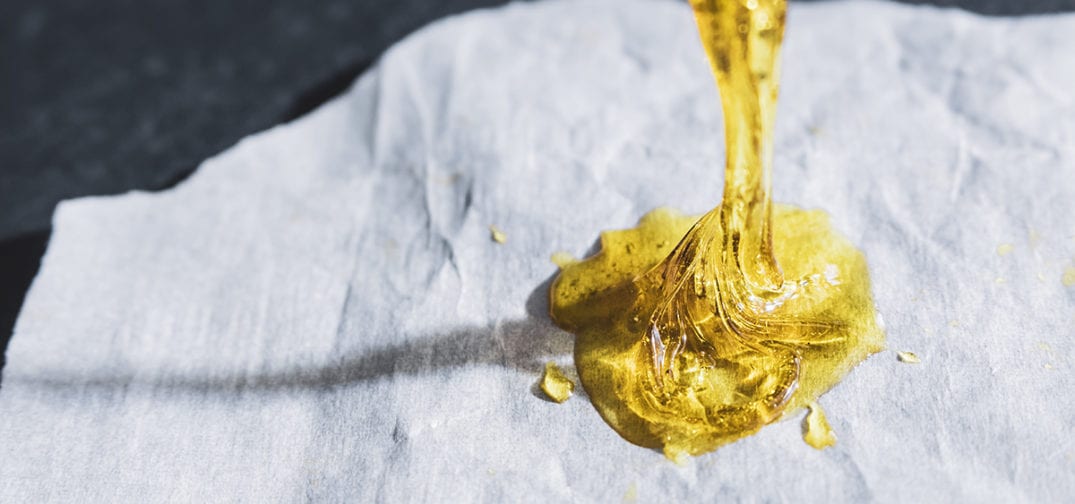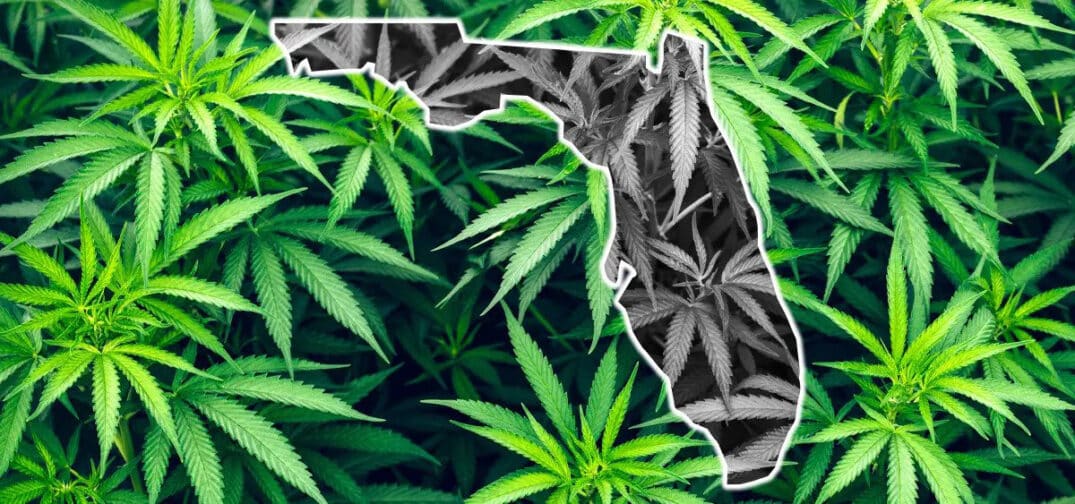ANN ARBOR, MI, April 5, 2025 – At High Noon today, in honor of Ann Arbor’s legendary Hash Bash, Maps.ganja.com officially launches as a groundbreaking online platform designed to simplify and enhance the ganja experience for enthusiasts and newcomers alike. Developed by a passionate team of industry insiders, Maps.ganja.com offers a free interactive map-based guide to discovering free coupons, dispensaries, strains, and ganja-related businesses, hobbyists, and entrepreneurs across the United States and beyond.
Unlike traditional directories, Maps.ganja.com combines free coupon creation and requested location data with user-friendly features, allowing visitors to explore nearby discounted ganja options, read reviews, and stay updated on the latest strains and services. Whether searching for a local dispensary in Ann Arbor or planning a ganja-friendly trip, users can navigate the green scene with ease. The platform also invites businesses, hobbyists, and budding entrepreneurs to add free listings and print free coupons, fostering a vibrant community of creators and consumers.
“We wanted to create a free tool that saves people money while making them happy” said Charles Watts, Managing Director at Maps.ganja.com. “Launching on Hash Bash weekend is our way of celebrating Ann Arbor’s rich ganja heritage while giving everyone—from businesses to hobbyists—free listings, local connections, and a free coupon system.”
Key features include:
- Interactive maps pinpointing dispensaries, delivery services, and more
- Free coupons, curated strain information, and user reviews
- A free listing option for ganja-related businesses, hobbyists, and budding entrepreneurs
- Free coupon system for ganja-related business stickyness
Headquartered in Ann Arbor, MI, Maps.ganja.com debuts with a bold vision for the future. The team is actively seeking investors to develop the Ganja brand, expanding into premium ganja products and lifestyle gear that celebrate ganja culture. “We’re excited to build a world-wide brand,” added Scott, “not only in the USA but throughout the globe, including Jamaica, Thailand, Spain, Canada, Mexico, and the rest of the ganja-loving countries.” This ambitious growth aims to position Ganja as a household name in both the recreational and lifestyle markets.
For more information, visit Maps.ganja.com or contact Charles Watts at maps@ganja.com
About Maps.Ganja.com:
Maps.ganja.com is your ultimate guide to exploring the world of ganja. With interactive maps and expert insights, the platform helps users discover dispensaries, strains, and local connections effortlessly. Based in Ann Arbor, MI, Maps.ganja.com is dedicated to connecting the ganja community while building the Ganja brand into a leader in products and lifestyle gear.


























